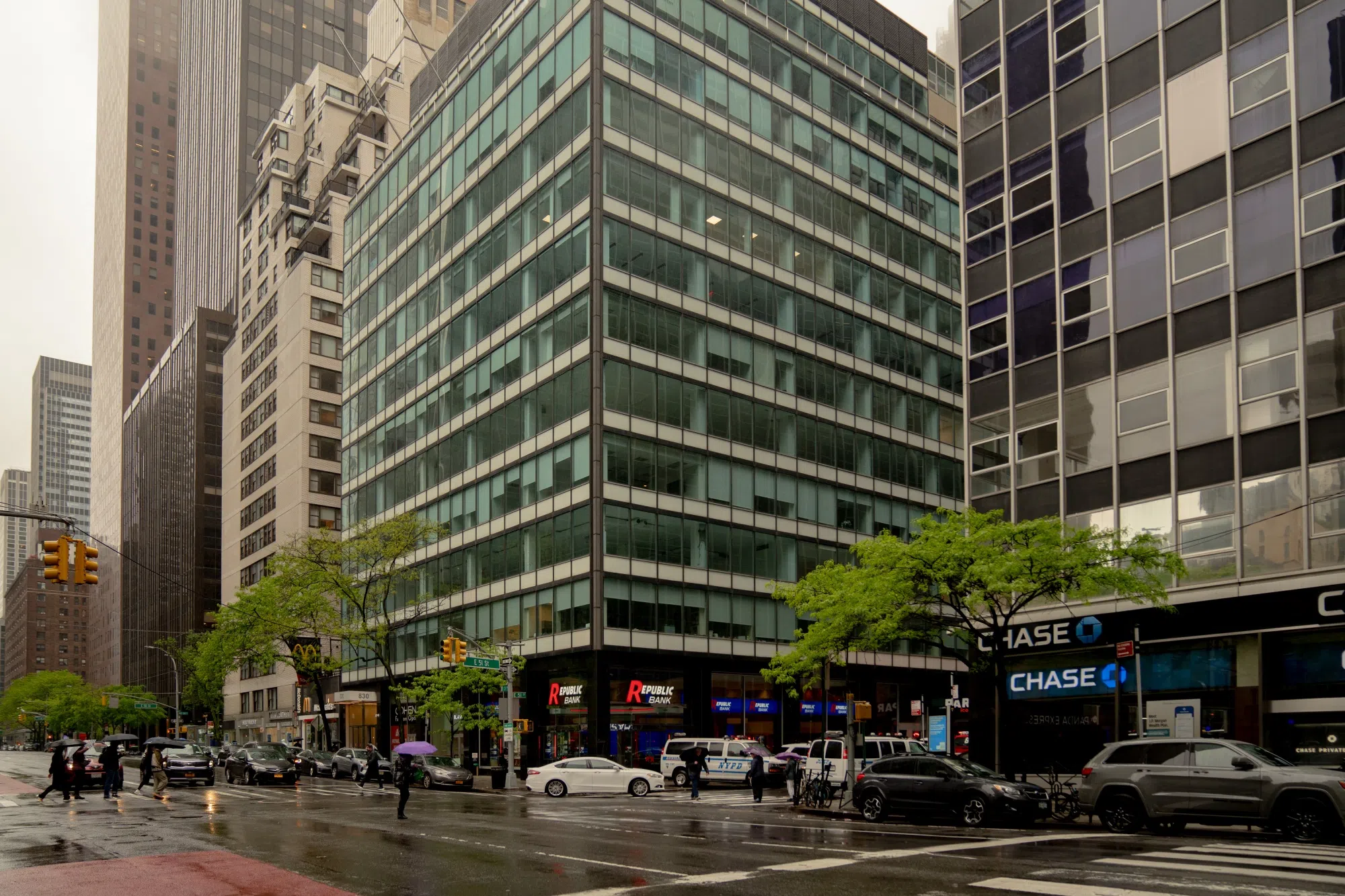But I did know that I needed to do something good with my life. I’d wanted to help people facing execution for years, ever since I saw a man marched to the electric chair on a television show when I was 11 years old. I had not been able to stop my father from killing himself, but maybe his death would mean something if I could keep someone on death row from being killed. I could help show judges and juries that my death row clients’ lives were worth sparing by exposing the trauma and abuse and mental illness they had experienced. I could show that they were human, and more than their worst crimes.
I moved to Nashville and became an investigator in the Tennessee Office of the Post-Conviction Defender. I was eager to start uncovering evidence that might reduce a defendant’s culpability or inspire jurors and judges to spare a life.
This was something I’d felt strongly about for years. As a teenager, I read countless articles and followed every execution in the news. I studied psychology, neuroscience and criminal justice in college.
I thought my father’s death made me better equipped to investigate death row cases as they coiled through the appeals process because now, I hadn’t just learned about trauma, abuse and mental illness in books and classes. I lived with their echoes every day.
As I investigated my own grief, I read David Kessler’s book “Finding Meaning: The Sixth Stage of Grief,” in which he writes that “meaning comes from finding a way to sustain your love for the person after their death while you’re moving forward with your life.” That’s just what I thought I was doing: channeling the love I had for my father into helping my death row clients.
I found each moment of the work meaningful, even the long days driving around worn and pockmarked city streets knocking on the doors of my clients’ family members, schoolteachers and neighbors, only to have nobody answer.
I was not deterred when one of my clients refused to tell me anything about his life, insisting that I did not need to know how he had been hurt. I understood that his resistance came from his pain, because I had seen the same thing with my father. A few years before my father died, he told me what everyone else in my Italian American, Catholic family already knew but didn’t talk about: My father had been molested when he was 12 years old.
Though I knew a history of childhood sexual trauma was prevalent among incarcerated individuals, I was disturbed to find the thread of sexual abuse in every one of my cases. Some told me what they remembered. Some shut down at the mention of their abuser, the way I had seen my father turn papery and detached and trembling after he unexpectedly ran into the man who abused him.
The lines between my job and my grief started to blur. When I visited my clients in prison, I saw the shadow of my father at 12 years old, my heart searing for the abuse they had all suffered. I investigated my father’s death like it was one of my cases, and I uncovered how deep his pain went.
He had been groomed and abused for five years; he told no one about it for 22. I found a file in my father’s paperwork that revealed something shocking: When I was 8, my father’s abuser paid him $500,000 in exchange for his continued silence.
In a release between the two of them, my father signed that he would give up his right to claims against his abuser for “anything which has happened up to now.” I called my mother to make sure: Between the lines of vague legalese, the agreement bound my father to stay quiet about the abuse. In another folder, I discovered a letter my father wrote to the man about the terrible ripple effects of the abuse — effects that he hoped to mitigate by using some of the money to cover the therapy and medication he took to deal with the trauma.
Some people lobby for policy change or fundraise for medical research to find meaning after a loss. I found myself not only trying to save my clients’ lives, but also trying desperately to talk to them about their sexual traumas in the way I never had talked to my father about his. I believed my father buried his hurt so deep that it killed him. If my clients never talked about their abuse, the courts would never have a full picture of who they were and what had been done to them. Their silence could kill them, too.
One day I said exactly that to the most stubborn, sensitive and reticent of my clients. “If we don’t tell the judge your whole story, you’re even more likely to be executed,” I said.
He paused, looking at me for a long while, before he said, “I can live with that.”
I didn’t think I could live with that, which is when I realized that the meaning I was trying to make out of my father’s death had become something else entirely: a proxy for my own feelings of guilt and anger and sadness. I wasn’t moving forward with my life at all. I was looking backward, trying to make up for how I thought I failed my father by projecting onto my clients.
I hadn’t given myself the opportunity to feel the full complexity of my father’s suicide before I raced into trying to do something good with it. When I finally did welcome in my feelings of rage and heartbreak, uncertainty and resentment, I could better see each of my clients for their own unique stories and needs. But I was still too raw to unravel the meaning of my grief and find my way forward. After two years as a death row investigator, I quit.
I grieved leaving my clients and everything my job represented. I didn’t know what I would do to make meaning from any of it, both the work that had been so important to me and the loss of my father that still haunted me.
But this is what I did learn: You don’t have to save a life to change a life. Modeling my father’s warmth and compassion — the way he looked at me and really saw me, the way he asked difficult questions with tenderness — would heal me more than trying to compensate for his death ever could.
This Father’s Day is the sixth one since my father’s death. But I now know that I didn’t have to do something for it to mean something. Feeling it was enough.
Sophia Laurenzi is a writer covering mental health, criminal justice and policy, and she is at work on a book. Her website is sophialaurenzi.com.







